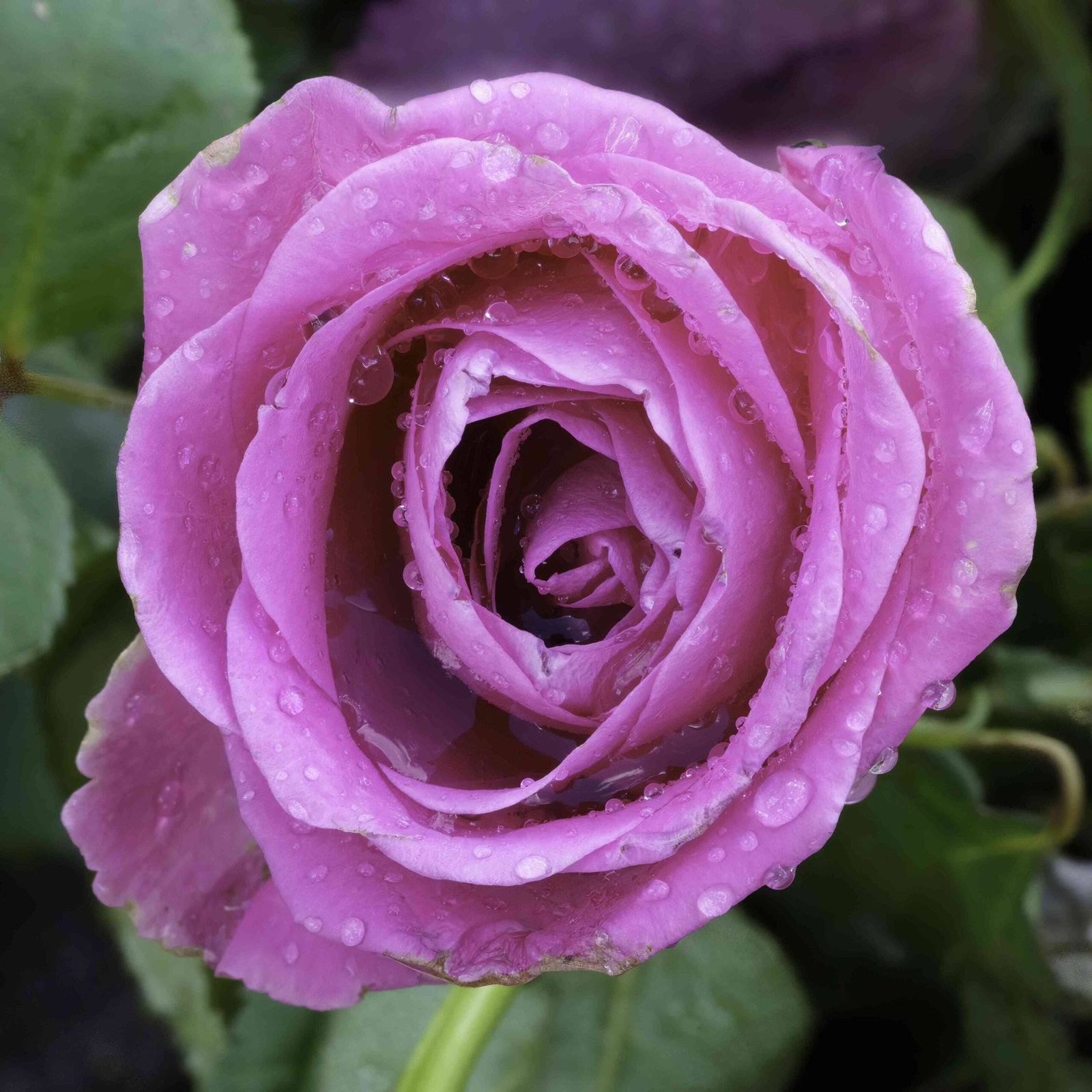Can I Boil Rose Petals?

Yes, you can boil rose petals to make rose water, although this method is not the most recommended due to potential drawbacks such as bitterness and reduced fragrance. The distillation method is generally considered the best way to extract the essential oils and create high-quality rose water.
What is the Boiling Process for Rose Petals?

Optimal Conditions and Steps
Equipment: You’ll need a large pot, a fine sieve or strainer, and a clean glass jar for storage.
Ingredients: Use fresh, organic, and pesticide-free rose petals, along with distilled water.
Measurements: Typically, 2-4 cups of fresh rose petals are used with enough distilled water to just cover the petals (about 2-4 cups of water).
Temperature and Duration: Bring the water to a boil, then reduce the heat to a simmer. Let it simmer for 20-30 minutes, or until the rose petals have lost most of their color and are pale pink.
Example Steps
- Remove the rose petals from the stems and rinse them under lukewarm water to remove any residue.
- Add the petals to a large pot and cover them with distilled water.
- Bring the water to a boil, then reduce the heat to a medium-low simmer.
- Cover the pot and let it simmer for 20-30 minutes.
- Strain the mixture into a large bowl to separate the petals from the water.
- Discard the petals and pour the rose water into a clean glass jar for storage.
What are the Safety and Quality Considerations?
Safety Concerns
- Pesticides and Contaminants: Ensure the rose petals are free from pesticides, dirt, and other contaminants. If the roses are not organic, rinse them thoroughly before use.
- Bitterness: Boiling rose petals can result in a bitter taste and reduced fragrance compared to the distillation method.
Quality Considerations
- Type of Roses: Use high-quality, fragrant roses. Damask roses are often recommended for their strong scent and suitability for making rose water.
- Avoidance: Avoid using rose petals that are wilted, moldy, or contaminated, as these can spoil the rose water and lead to mold growth.
What are the Uses and Benefits of Boiled Rose Petals?
Culinary
- Rose water can be used in various desserts, drinks, and Middle Eastern or Indian recipes. It adds a floral flavor and aroma.
- Use about 1-2 tablespoons of rose water in recipes. It enhances flavor and aroma without adding calories.
Medicinal
- Rose water has anti-inflammatory and hydrating properties.
- For medicinal use, consult with a healthcare professional for appropriate quantities.
Cosmetic
- Rose water is widely used in skincare routines for its hydrating and anti-inflammatory benefits.
- Mix 1 tablespoon of rose water with about 4 tablespoons of distilled water for a face toner. It helps in balancing skin pH and reducing inflammation.
How to Store and Use Boiled Rose Water?
Storage and Shelf Life
- Store the rose water in a clean, glass jar in the refrigerator. It can last for several weeks to a month when refrigerated.
Recipes
- Rosewater Face Toner: Mix 1 tablespoon of rose water with about 4 tablespoons of distilled water in a spray bottle. Shake well and use as a toner.
- Culinary Uses: Use rose water in recipes such as baklava, gulab jamun, or as a flavoring in teas and drinks.
